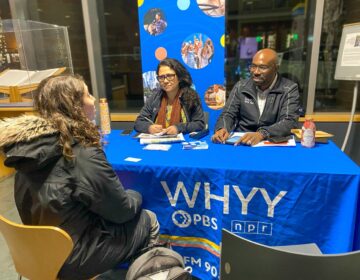Analysis: Where we are with the Bridgegate investigations
-
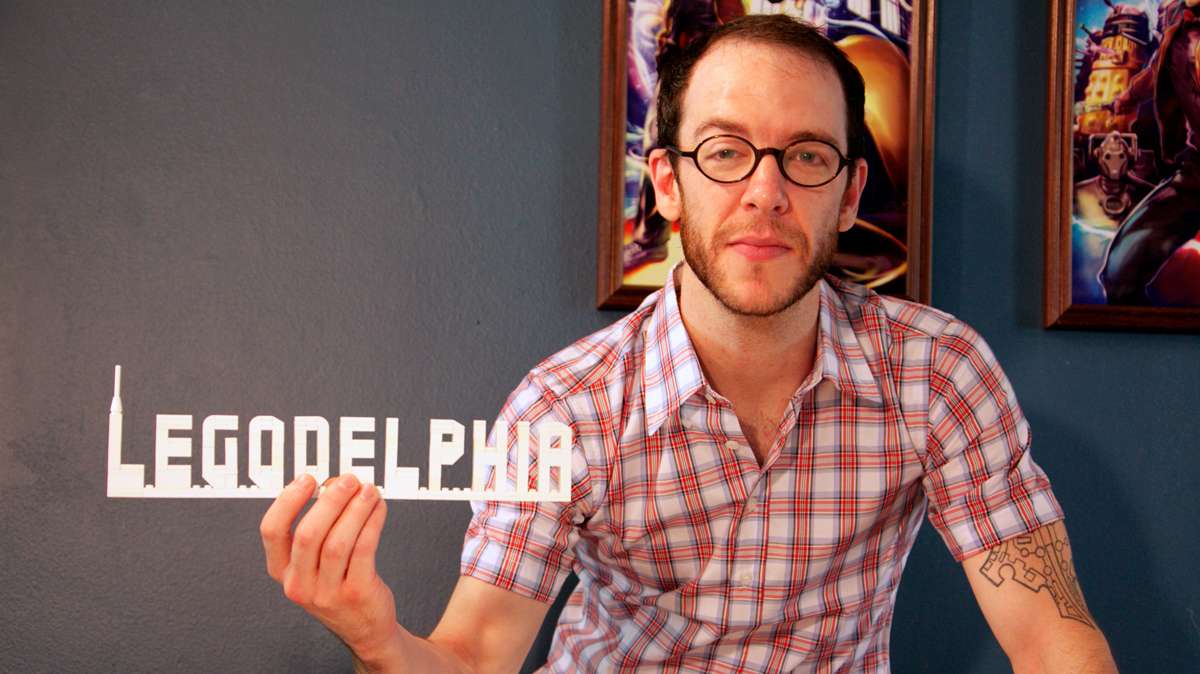
-

-
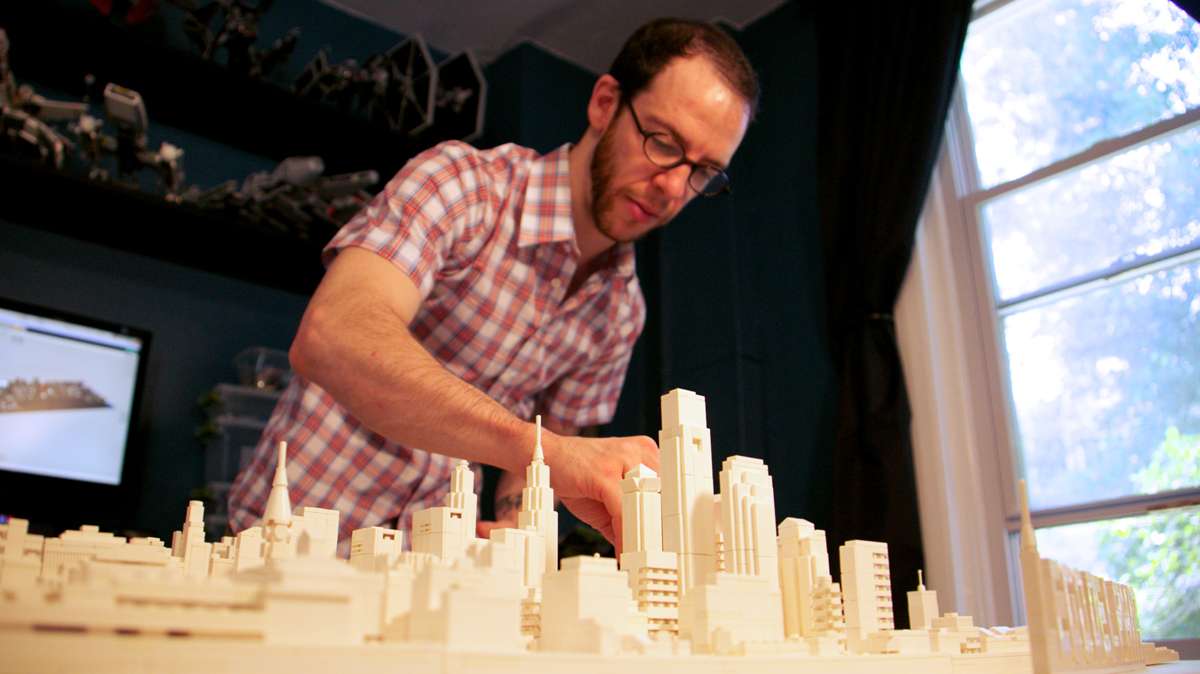
-

-

-

Head to a Philly-inspired day of building at the Franklin Institute on Saturday. (Nathaniel Hamilton/for NewsWorks, file)
-

-

-

-

-

-

-

-

-
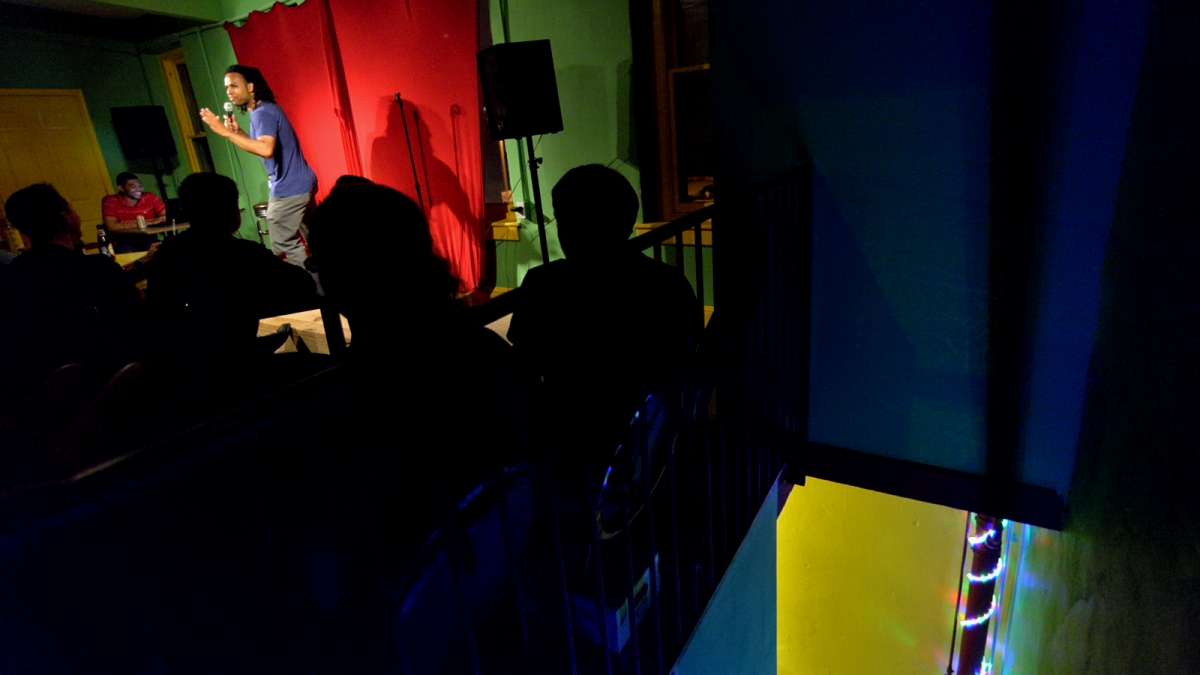
-

-

-

-

-

-

-

-

-

-

Check back this week for a story on the Crazy Cow Cafe and Comedy Club on Manayunk's Main Street. (Bas Slabbers/for NewsWorks)
-
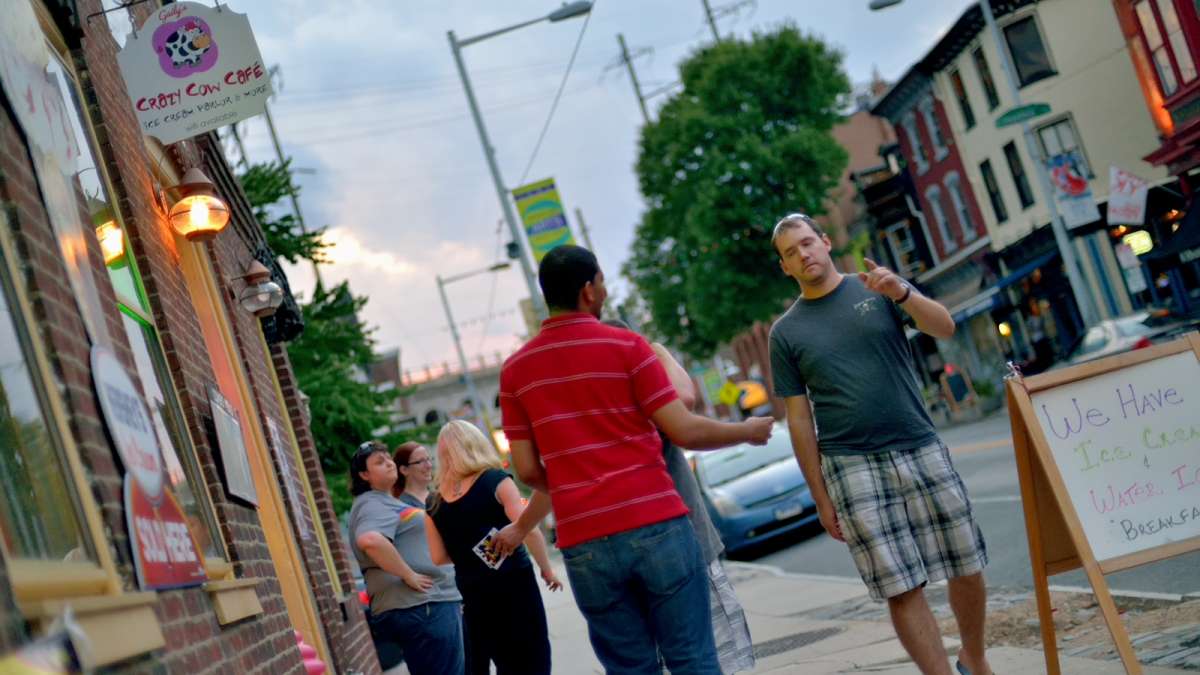
Gov. Chris Christie shrugged off Bridgegate as he crisscrossed Iowa like a presidential candidate. U.S. Attorney Paul Fishman dismissed reports of pending indictments as “almost entirely incorrect.” And Regina Egea, Christie’s choice for chief of staff, became the latest top administration official to testify under oath why she failed to properly investigate the controversial George Washington Bridge lane closures for months.
It all made for yet another confusing day in the Bridgegate scandal that began last September with inexplicable four-hour traffic jams, was overshadowed in November by Christie’s landslide reelection, exploded into a national story in January that threatened to torpedo the governor’s presidential ambitions, and now appears likely to fade into the shadows until one or more of the several criminal investigations into various Port Authority-related scandals reaches a conclusion.
“Look, this is not a Made-for-TV reality show,” Assemblyman John Wisniewski (D-Middlesex), cochair of the Joint Select Committee on Investigation said with a touch of exasperation after reporters asked what he had learned from Egea’s testimony. “People may want to take a long commercial break because it’s a little boring.”
Wisniewski dismissed yet another call by Christie’s chief defender, Assembly Minority Leader Jon Bramnick (R-Union), for his committee to end its investigation. Wisniewski vowed that the panel would continue to pursue new leads — including why neither Egea nor Christie turned over a December text message pertinent to Bridgegate, and which Port Authority police sergeant told Fort Lee’s police chief in September that the GWB lanes were closed because Fort Lee’s mayor refused to endorse Christie for reelection.
But Wisniewski said the investigatory committee has temporarily backed off its plan to call a dozen additional witnesses this summer, notably Charles McKenna, Christie’s chief counsel during Bridgegate, and Paul Nunziato, then the president of the Port Authority police union.
The panel has made it a practice not to call any witnesses without Fishman’s clearance because witnesses have a presumption of future immunity, and Fishman asked the panel to hold off. However, Wisniewski and the panel’s cochair, Senate Majority Leader Loretta Weinberg (D-Bergen), said they could schedule new witnesses at any time Fishman gives the okay.
The Silent TreatmentWisniewski said Fishman, as usual, gave no explanation for his request. “Give Mr. Fishman a lot of credit — he is Sphinx-like,” Wisniewski said.
Fishman was a lot less Sphinx-like at a Newark press conference yesterday, though.
Asked about a report in Esquire magazine that he was closing in on indictments on four former Christie administration officials, Fishman said, “As you probably know, I rarely, if ever, comment on ongoing investigations by my office and I’m not going to comment on that investigation.”
However, he added, “I will say this: Reports in the press that purport to describe what I might be thinking or what the people who are working on that matter might be thinking or contemplating have been almost entirely incorrect. You should be wary of reports that attribute — are for attribution or otherwise — what we’re thinking or what we’re doing.”
Fishman’s indication that his investigation, at least, is nowhere near the release of any indictments, coupled with the adjournment of the Select Committee on Investigation yesterday with no new witnesses scheduled, could provide Christie with a Bridgegate-free respite to barnstorm the country for the next several months as chairman of the Republican Governors Association and move back up in the GOP presidential standings.
That doesn’t mean Christie’s troubles are over, however.
The U.S. Attorney’s Office in Manhattan’s Southern District and the U.S. Securities and Exchange Commission are also investigating a range of Port Authority issues, including the questionable legality of the use of more than $1 billion in Port Authority funds to rebuild the Pulaski Skyway.
Two state Superior Court judges will begin hearing cases on the legality of Christie’s elimination of $1.5 billion in pension funding this year and the suspension of billions of dollars of cost-of-living increases for retired public employees — either of which could blow a hole in this year’s budget.
He still has to answer questions on the campaign trail about why New Jersey’s economic and employment recovery is near the bottom nationally, and why the bond rating agencies cut the state’s credit rating to a single-A level ahead of only troubled Illinois.
And Christie still has important staffing decisions to make, including whether he and current Chief of Staff Kevin O’Dowd want to move forward with his previously announced nomination of O’Dowd as Attorney-General, and whether Egea, currently the chief of the governor’s authorities unit, is still his choice to serve as O’Dowd’s replacement.
Both choices were announced last December 2 — seven months ago by the calendar, but a political lifetime ago in the wake of the Bridgegate scandal.
The Infamous EmailIt was O’Dowd’s deputy chief of staff, Bridget Kelly, who sent out the infamous “time for some traffic problems in Fort Lee” email. And O’Dowd evidently was oblivious to the overtly political operation that Kelly and her predecessor and mentor, Bill Stepien, ran out of the governor’s office.
Similarly, Christie has to decide whether Egea’s failure as chief of the governor’s authorities unit to sniff out the problems in Bridgegate disqualifies her to serve as a wartime consiglieri running the state government while he runs for president — or whether her decision to stick to the confines of her job description is just what he wants in a chief of staff.
Like O’Dowd, Egea displayed “a curious lack of curiosity” — Weinberg’s favorite phrase — in accepting Port Authority Deputy Executive Director Bill Baroni’s explanation that complaints about the controversial GWB lane closures were just the latest example of “tensions” between Baroni and Port Authority Executive Director Patrick Foye, an appointee of New York Democratic Gov. Andrew Cuomo.
“I believed Bill,” Egea said of Baroni, the former state assemblyman whom Christie named to the senior New Jersey administrative position at the Port Authority. Because Foye did not explicitly state which laws were broken, she decided she did not need to notify Christie, O’Dowd, or McKenna of Foye’s allegations.
Egea, who rose to a top executive position at AT&T before joining the Christie administration, said she accepted Baroni’s explanation that the lane closures that snarled traffic in Fort Lee for four days were part of a legitimate traffic study and that Foye’s memo ordering the lane closures revoked represented unwarranted political interference by New York officials with a New Jersey traffic issue.She said she accepted Foye’s representation at the end of the September 13 memo that he would investigate the issue, but other than occasionally asking Baroni about the status of Foye’s investigation, she never followed up, despite increasing scrutiny of the issue by New Jersey and New York newspapers that fall and demands for an explanation by Weinberg and other legislators.
Egea acknowledged that she and her deputy, Nicole Crifo, hand-edited Baroni’s opening statement to the Assembly Transportation Committee — a draft of which was driven to Trenton in a Port Authority car and then back to New York because Baroni evidently feared that if he emailed the document, someone might leak it to the press. Egea said Port Authority Chairman David Samson called her to ask her to edit Baroni’s statement.
She acknowledged that she “crisped” Baroni’s opening statement by editing out most of the background he had inserted on the three access lanes to the George Washington Bridge coming out of Fort Lee, including new information that the lanes had been in existence since they had been requested a decade earlier by Fort Lee Mayor Jack Alter, a former Bergen County freeholder.
Egea bought into Baroni’s assertion that the use of cones to divide the three GWB access lanes from Fort Lee from the nine lanes coming in from Route 95 was unfair because only “75 percent of the tollbooths were being used for 95 percent of the traffic.” That assumption was based upon Baroni’s analyis showing that “approximately 4.5 percent of all EZPass customers actually show a Fort Lee address,” a line she handwrote into Baroni’s testimony.
The Morning RushEgea listened to Foye’s December 9 testimony under oath before the Assembly Transportation Committee and was surprised to hear him report that the three Fort Lee lanes handled 25 percent to 26 percent of morning and afternoon rush-hour bridge traffic.
She did not report that fact to Christie, but she did text him to tell him that she found testimony by Port Authority officials Cedric Fulton and Robert Durando to be credible. She added that Fulton’s testimony that traffic studies are usually done through mathematical modeling, rather than traffic diversions, raised questions in her mind about Baroni’s judgment, but not his credibility.
Assemblyman Paul Moriarty (D-Gloucester) questioned Egea about why she had not turned over the text she sent to Christie to the committee, and she acknowledged that she had deleted the text sometime after December 9, when she sent it, but before January 8, when the controversial Kelly email turned Bridgegate into a national story.
Moriarty asked Egea’s lawyer, Michael Martinez, a partner with the New York City law firm of Mayer Brown who once served as Executive Assistant U.S. Attorney under Christie, if Egea would agree to have her cellphone scanned to attempt to retrieve the missing text. Moriarty said he would consult with Randy Mastro’s Gibbons Dunn & Crutcher law firm, which Christie retained to conduct an internal inquiry into Bridgegate for the governor’s office, before deciding whether to comply.
Wisniewski said it was “curious that the one text she had with the governor no longer exists” and added that he was troubled that it did not turn up when her phone was originally imaged by lawyers representing the governor’s office. He suggested that Egea “deliberately deleted” the text, and that “it was improper” for her to do so.
Asked why the Egea text to Christie did not show up in the records subpoenaed from Christie and the governor’s office itself, Wisniewski said, “That’s a good question.”
_____________________________________
NJ Spotlight, an independent online news service on issues critical to New Jersey, makes its in-depth reporting available to NewsWorks.
WHYY is your source for fact-based, in-depth journalism and information. As a nonprofit organization, we rely on financial support from readers like you. Please give today.


